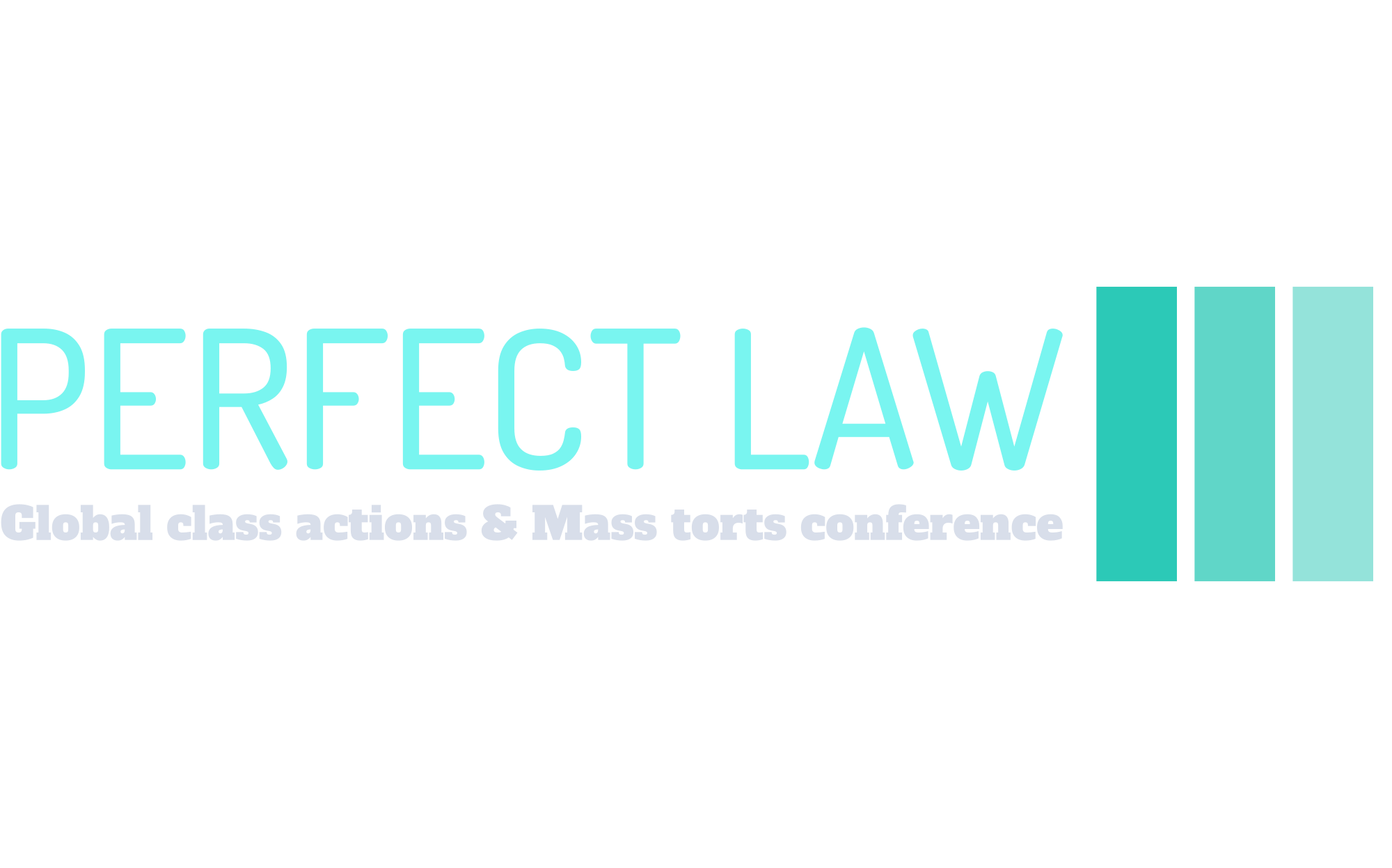Following a case management conference on 13 January 2023, the Competition Appeal Tribunal (“CAT”) has ordered Qualcomm Incorporated (“Qualcomm”) to disclose additional documents related to an investigation of the European Commission (“Commission”) in the ongoing collective proceedings initiated by the Consumers’ Association (also known as “Which?”) for abuse of a dominant position in a market.[1]
The collective proceedings under s. 47B of the Competition Act 1998 (“CA”) combine standalone claims against Qualcomm for damages caused by abuse of dominance pursuant to the Chapter II prohibition in s. 18 CA and Art. 102 TFEU. Which? alleges that Qualcomm, leveraging its dominant position as supplier of smartphone (LTE) chipsets, charged inflated royalties for the use of its patents and that the smartphone manufacturers affected by this method passed on those inflated royalties to the consumers, on behalf of which the proceedings are brought.[2]
In the course of the proceedings, Which? requested the disclosure of several documents referred to in the confidential version of the Commission’s decision dated 24 January 2018 in Case AT.40220 – Qualcomm (Exclusivity Payments), as the Commission’s investigation addressed the same market definition and dominance issues as the collective proceedings.
The CAT rejected Qualcomm’s objections to this request, which were based, inter alia, on the principle of third parties’ protection from disclosure established in Pergan,[3] and the fact that the Commission’s decision in Qualcomm (Exclusivity Payments) was annulled in 2022[4] on grounds of due process violations, among other things.
Regarding Pergan, the CAT emphasised that only disclosure of “contemporaneous documents” was sought and not disclosure of “findings in a decision of the Commission” (which would be subject to the Pergan principle).[5] Likewise, the Tribunal didn’t consider the documents in question to be “tainted” by the annulment of the Commission’s decision and held that any objections regarding the manner those documents were obtained could be raised by Qualcomm in due course.
Time will tell whether these documents are actually of any use for Which?. Given the standalone nature of their claim, any additional information on how the Commission came to its (ultimately flawed) decision is certainly welcome. The next case management conference will be held on 5 July 2023, where the topic of disclosure will be discussed again.
Johannes Nickl[6]
[1] Consumers’ Association v Qualcomm Incorporated [2023] CAT 4.
[2] See the CAT’s judgment on the CPO application for more details, Consumers’ Association v Qualcomm Incorporated [2022] CAT 20.
[3] Case T-474/04 Pergan Hilfsstoffe für industrielle Prozesse v Commission EU:T:2007:306; the principle was applied in Emerald Supplies v British Airways [2015] EWCA Civ 1024 and Vodafone v Infineon [2016] EWHC 1922 (Comm).
[4] Case T-235/18 Qualcomm v Commission EU:T:2022:358.
[5] The rights of third parties were addressed in a revision of the Confidentiality Ring Order on 7 March 2023.
[6] Doctoral Candidate at Heidelberg University, Germany.
Foto Credit: © Raimond Spekking / CC BY-SA 4.0 (via Wikimedia Commons)






